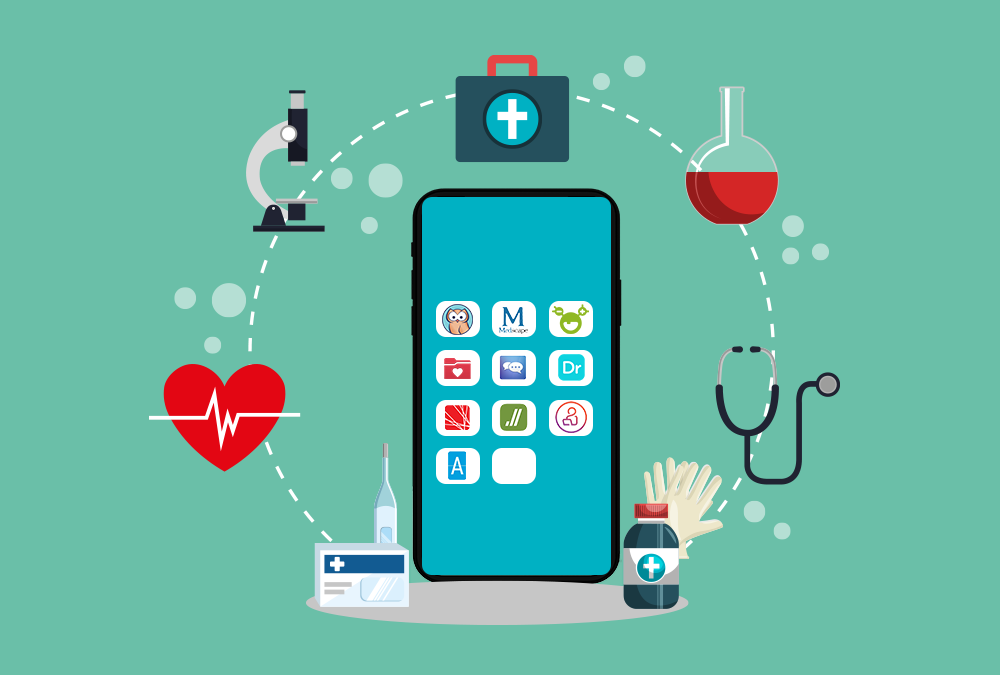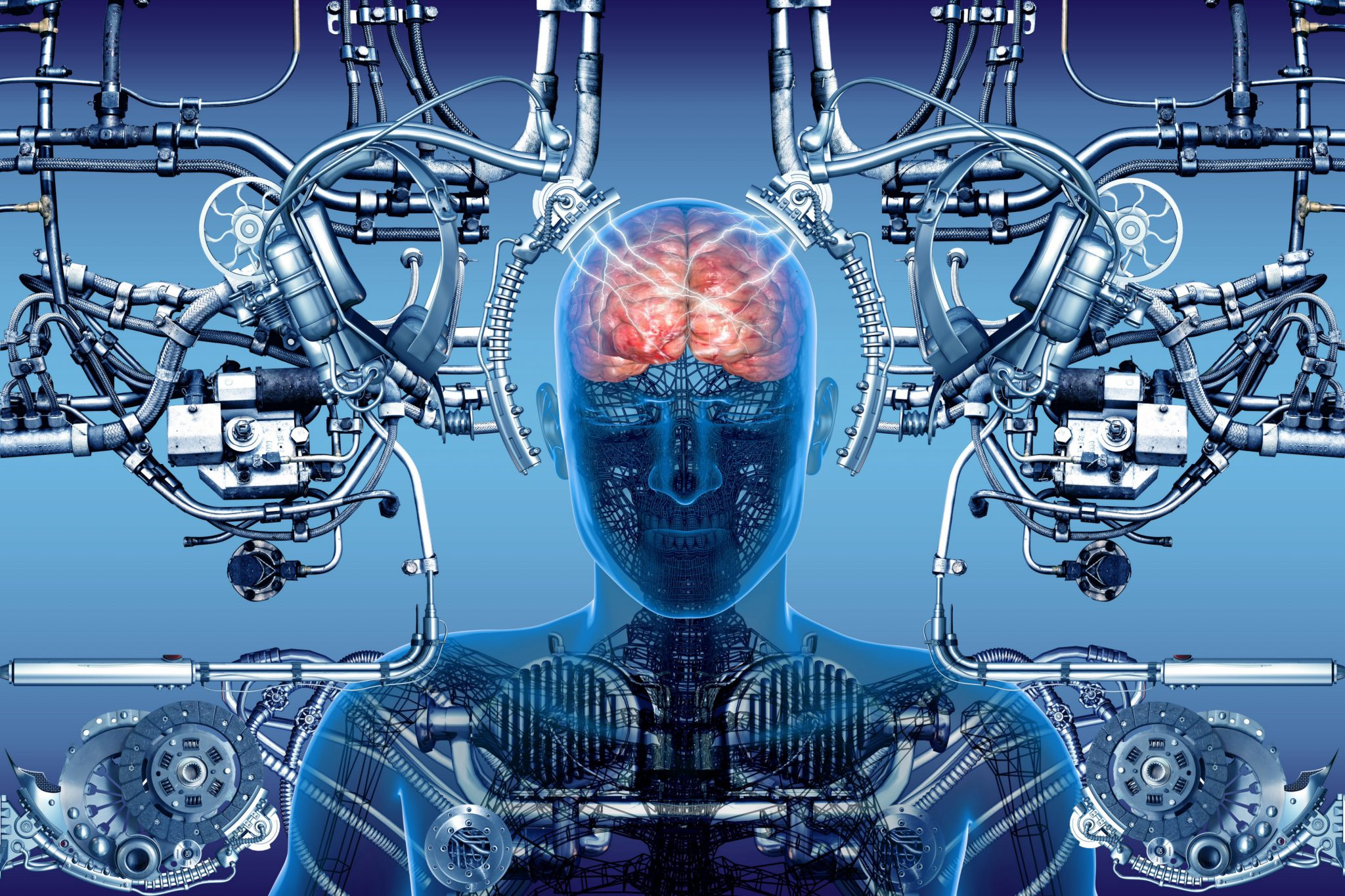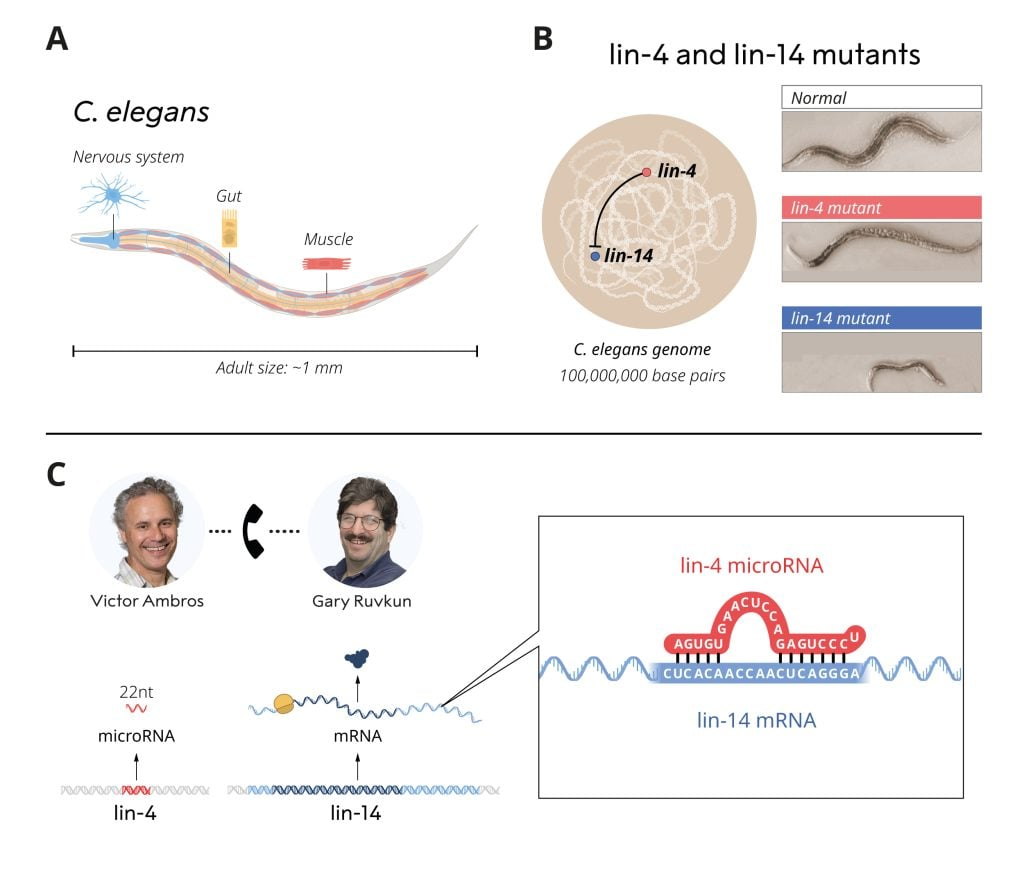Digital health apps are transforming the landscape of personal healthcare by providing tailored solutions right at our fingertips. These innovative mobile health applications leverage cutting-edge technology, including reinforcement learning in healthcare, to support users in achieving their health goals. With a focus on personalized health apps, they offer adaptive intervention technology that caters to individual needs, especially for those navigating complex health challenges such as cancer treatment. For instance, cancer patient support apps are designed to help patients manage their medication regimens effectively, enhancing adherence rates through real-time, contextual feedback. As we continue to harness the capabilities of these digital tools, the potential for improved health outcomes becomes increasingly within reach.
In today’s digital era, health management is evolving through the advent of technology-driven solutions commonly referred to as mobile wellness tools. These sophisticated platforms engage users by adapting to their unique circumstances, offering support and guidance at critical moments in their health journey. Often known as personal health coaches, these applications utilize advanced algorithms to deliver meaningful interventions tailored specifically for each individual. Whether it’s assisting patients during recovery or providing resources for those facing lifestyle challenges, the role of adaptive health technologies has never been more crucial. By enhancing user engagement and promoting adherence, these smart health applications are setting new standards in the world of personal wellness.
The Rise of Digital Health Apps for Cancer Patients
Digital health apps are transforming the landscape of patient care, especially for those navigating the arduous journey of cancer recovery. These innovative applications are designed to provide real-time support, personalized health tracking, and adaptive interventions tailored to individual patient needs. By utilizing advanced algorithms and machine learning techniques, such apps ensure that patients receive timely reminders and motivational messages that resonate with their unique health challenges and lifestyles.
Take, for instance, a recent collaboration between researchers at Harvard and major healthcare institutions aimed at developing a supportive mobile application for stem cell transplant recipients. This app not only tracks medication adherence but also facilitates communication between patients and caregivers, recognizing that the journey to recovery is seldom undertaken alone. The integration of social support and reinforcement learning creates a holistic approach that empowers patients, aiming to improve adherence rates and quality of life.
Personalized Health Apps: Tailoring Support for Individual Needs
Personalized health apps are at the forefront of modern healthcare solutions, particularly in the realm of chronic illness management. They leverage user data to adapt recommendations and interventions dynamically, providing patients with the most relevant support tailored to their current condition. In the context of cancer treatment, these apps offer tools that can transform the user experience from passive to active, turning recovery into an engaging and supportive journey.
Researchers have demonstrated that these personalization tactics enhance patient engagement significantly. For instance, algorithms embedded within these apps can send timely nudges for medication intake or encourage healthy lifestyle choices at critical moments. This is particularly important as studies show that more than 70% of cancer patients struggle with medication adherence. Personalized interventions can thus markedly improve health outcomes and foster a sense of empowerment among users, reinforcing their capacity to manage their health.
Reinforcement Learning in Healthcare: A Game-Changer
Reinforcement learning is revolutionizing healthcare technology by creating systems that learn and adapt over time. In the context of health apps, such methodologies enable these applications to modify their interactions based on user behavior and preferences. For example, a health app designed for adolescents recovering from stem cell transplants can adjust the frequency and content of reminders, learning from past interactions to provide more effective interventions.
This adaptability ensures that users do not feel bombarded by generic prompts, as the app curates its recommendations to maintain relevance. By doing so, it reduces the risk of user disengagement and maximizes adherence to prescribed treatments and health routines. In an environment where personalized healthcare is becoming increasingly vital, the application of reinforcement learning stands out as a promising solution to enhance patient outcomes and satisfaction.
Mobile Health Applications: Connecting Patients and Providers
Mobile health applications serve as crucial bridges between patients and healthcare providers, facilitating communication and support in ways that were previously unimaginable. These apps enable patients to share their health data in real time, allowing for quick adjustments to treatment plans based on their current conditions. This connection fosters a collaborative environment where patients feel empowered to take charge of their health while remaining in constant contact with their medical teams.
Moreover, mobile health applications are designed to be intuitive and user-friendly, ensuring that users of all ages can easily navigate them. Features such as medication reminders, educational resources, and health tracking tools provide comprehensive support that can significantly ease the burden on both patients and caregivers. As the demand for innovative health solutions continues to rise, mobile apps are proving to be invaluable assets in the healthcare industry.
Adaptive Intervention Technology: Pioneering Patient-Centered Care
Adaptive intervention technology represents a groundbreaking shift in healthcare, emphasizing the need for patient-centered care. This approach acknowledges that each patient’s journey is unique, requiring tailored support systems that can adjust to their evolving needs. Developers of cancer patient support apps, for example, are implementing adaptive interventions that learn from patient interactions, ensuring that the help provided is timely and relevant.
The use of such technology is especially pivotal for high-risk patient populations, such as those undergoing treatment for serious illnesses. By being able to modify the type and timing of interventions based on real-time data, healthcare providers can offer support that resonates with the patient’s current emotional and physical state, ultimately leading to improved health outcomes and patient satisfaction.
Cancer Patient Support Apps: Essential Tools for Recovery
Cancer patient support apps are becoming essential tools in the recovery process, offering a multitude of resources designed specifically for the unique challenges faced by these individuals. These apps provide reminders for medication, tips for managing side effects, and even forums for connecting with other patients. The emphasis on community and shared experience fosters a sense of belonging, which is incredibly beneficial during such a grueling journey.
Furthermore, specialization in these apps allows for the incorporation of expert advice from oncologists and healthcare professionals, making them comprehensive wellness tools. By addressing both the psychological and physical aspects of recovery, cancer support apps transform the patient experience, providing vital support that can lead to improved recovery rates and enhanced overall well-being.
The Role of Social Networks in Health Management
Social networks play a critical role in health management, particularly through the lens of digital health applications. These platforms not only allow users to connect with peers facing similar health challenges but also facilitate the sharing of experiences and strategies for coping with illnesses. For cancer patients, being able to communicate with others who understand their unique struggles can significantly enhance their emotional well-being and motivation to adhere to treatment plans.
Moreover, many digital health apps are incorporating social features that encourage users to engage with friends and family in their health journey. This can include sharing progress updates, celebrating milestones, or even participating in challenges that promote health goals. By integrating social networks, these applications boost accountability and support, making the pathway to recovery more collaborative and less isolating.
Cannabis Support Apps: Navigating Usage with Precision
With the growing acceptance of cannabis for medical use, cannabis support apps are emerging as vital resources for individuals looking to manage their consumption effectively. These specialized applications utilize algorithms to guide users in understanding their usage patterns, adjusting their intake based on feedback and health goals. By doing so, they enable users to achieve a balanced approach to cannabis use that aligns with their health needs.
Research shows that cannabis support apps can not only help users reduce their consumption when needed but also provide insights into how their use affects their overall health and wellbeing. The ability to track and analyze personal data fosters an informed approach to usage, promoting mindfulness and healthier decision-making. As these apps evolve, they will further integrate advanced technologies to enhance user experience and support.
The Future of Health Coaching through Digital Solutions
As technology continues to advance, the future of health coaching is increasingly leaning towards digital solutions that can provide personalized support remotely. Digital health apps equipped with adaptive intervention technologies stand out as practical alternatives to traditional in-person coaching. They allow users to benefit from expert guidance at their fingertips, making health coaching more accessible and affordable.
These digital solutions not only cater to individual preferences, but they also provide real-time feedback on health habits and behaviors. As user engagement in health management becomes increasingly crucial, the integration of advanced technologies such as AI and machine learning in these applications will play a significant role in shaping the future of personalized health and disease management.
Frequently Asked Questions
What are digital health apps and how do they work?
Digital health apps, including personalized health apps, leverage advanced technology and algorithms to provide users with tailored health information and support. They utilize data to adapt recommendations based on individual needs, helping users manage conditions or improve well-being.
How can digital health apps support cancer patients?
Digital health apps designed for cancer patient support provide personalized interventions, medication reminders, and real-time feedback. These applications utilize reinforcement learning in healthcare to adapt to the challenges faced by cancer patients, improving adherence to treatment plans and enhancing the recovery process.
What is reinforcement learning in healthcare, and how does it benefit digital health apps?
Reinforcement learning in healthcare involves algorithms that learn from user interactions to optimize health outcomes. In digital health apps, this technology allows for real-time adaptation, ensuring that recommendations and prompts are customized to each user’s specific situation, leading to better engagement and adherence.
What are mobile health applications and their significance in health management?
Mobile health applications, or mHealth apps, are digital tools designed to support health management through mobile devices. They play a critical role in providing users with access to health resources, tracking their progress, and offering personalized advice, making them essential for individuals managing chronic conditions.
How do adaptive intervention technology and digital health apps improve patient outcomes?
Adaptive intervention technology embedded in digital health apps uses data-driven algorithms to tailor support based on patient needs. By adjusting to changing circumstances and providing timely interventions, these apps can significantly enhance patient adherence to treatment and overall health management.
In what ways do personalized health apps enhance medication adherence?
Personalized health apps enhance medication adherence by sending customized reminders and motivational messages that are tailored to the patient’s past behavior and preferences. This targeted approach ensures that the support is relevant and helps reduce the likelihood of missed doses.
How do mobile health applications incorporate feedback from users?
Mobile health applications often use feedback loops where user interaction data is collected and analyzed through reinforcement learning algorithms. This information allows the apps to adapt their features and recommendations, continually improving user experience and effectiveness.
What role do caregivers play in the use of digital health apps for patients?
Caregivers play a crucial role in the use of digital health apps, especially for patients with complex health conditions. These apps often include features designed to enhance caregiver involvement, such as sharing alerts, reminders, and progress reports, which enhance support and improve patient management.
What are the benefits of using cancer patient support apps?
Cancer patient support apps provide multiple benefits, including personalized resources for managing symptoms, medication adherence tools, and community support features. These apps aim to improve quality of life for patients by offering tailored interventions that address their specific needs.
How are digital health apps being tested for effectiveness in clinical trials?
Digital health apps are tested for effectiveness in clinical trials through structured studies that evaluate their impact on user behaviors and health outcomes. These trials apply scientific methods to assess how well the apps deliver on their promises, like improving medication adherence or providing support during recovery.
| Key Feature | Description |
|---|---|
| Personalized Support | Apps for cancer patients and more use algorithms for real-time, personalized assistance. |
| Reinforcement Learning Algorithms | The applications are based on advanced computational methods to tailor guidance for users. |
| Just-in-Time Adaptive Intervention | This method provides support exactly when needed, considering the users’ changing contexts. |
| Collaborative Development | In collaboration with healthcare professionals, these apps enhance the role of caregivers. |
| Behavioral Tracking | Apps learn from user interactions to optimize reminders and support efficiency. |
| Examples of Applications | ADAPTS HCT for cancer patients, MiWaves for cannabis users, and Oralytics for dental hygiene. |
Summary
Digital health apps have emerged as powerful tools for enhancing patient care and improving treatment adherence. By utilizing advanced algorithms and real-time data, these applications offer personalized support tailored to the unique needs of users, making healthcare more accessible and effective. Whether assisting cancer patients in managing complex medication regimens or helping individuals reduce cannabis use, digital health apps are paving the way for a new era of health management.



